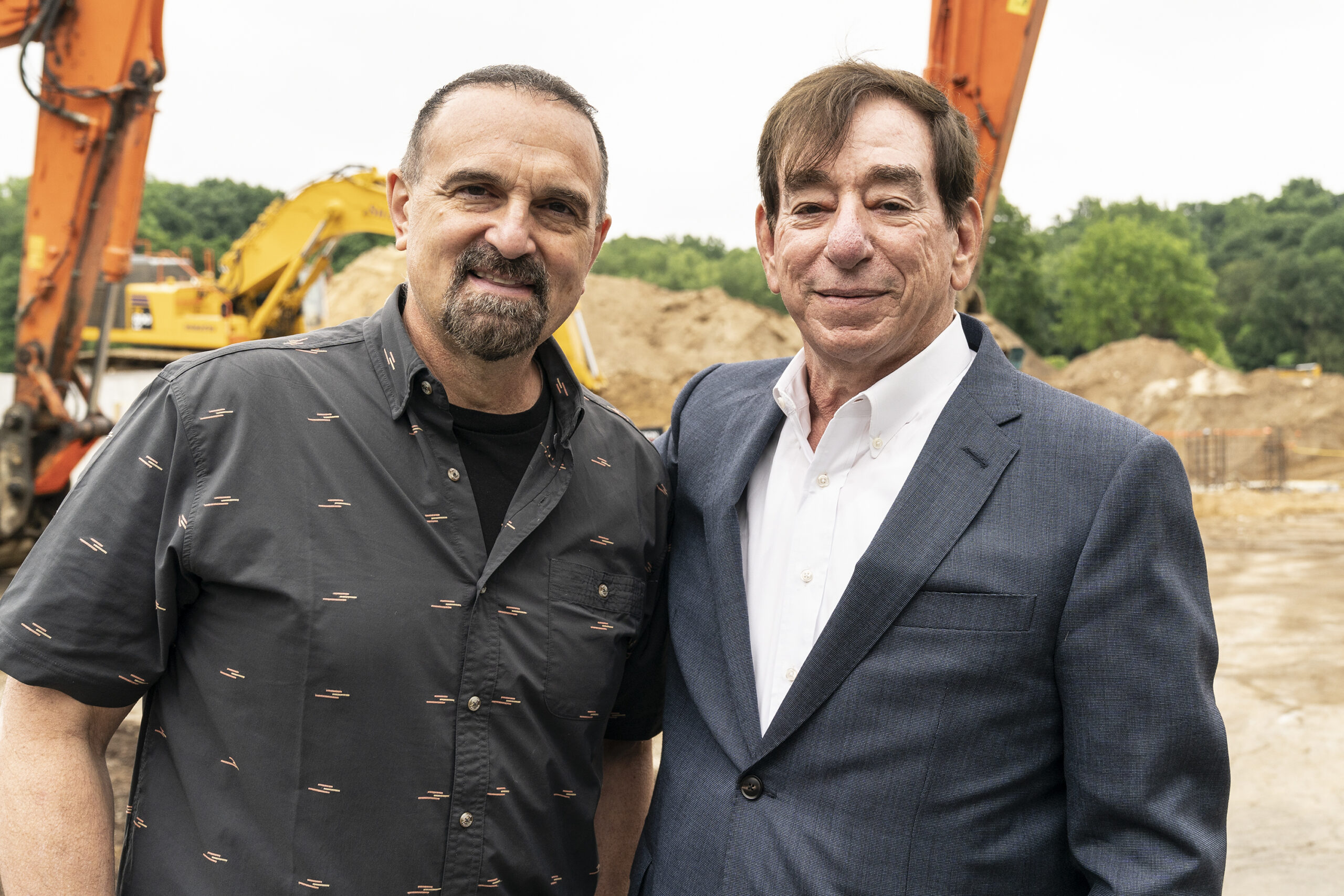
In showdown with Roche, Regeneron gears up for potential Eylea expansion amid Covid decline
Regeneron faced a substantial slump in overall revenue last year, but the focus still remains on some of its biggest blockbusters.
The pharma with several high-profile partnerships — Sanofi and Bayer among them — said Friday that Q4 revenue was down 31% for the quarter, and down 24% for the entire year. However, that won’t stop blockbuster expansion plans.
One of those is Eylea, the Bayer-partnered eye disease drug that has been in major competition with Roche’s Vabysmo. While Eylea is currently only approved in a 2 mg dose, the company recently filed for approval to give a 8 mg dose, in hopes of making a longer-lasting treatment.
Unlock this article instantly by becoming a free subscriber.
You’ll get access to free articles each month, plus you can customize what newsletters get delivered to your inbox each week, including breaking news.